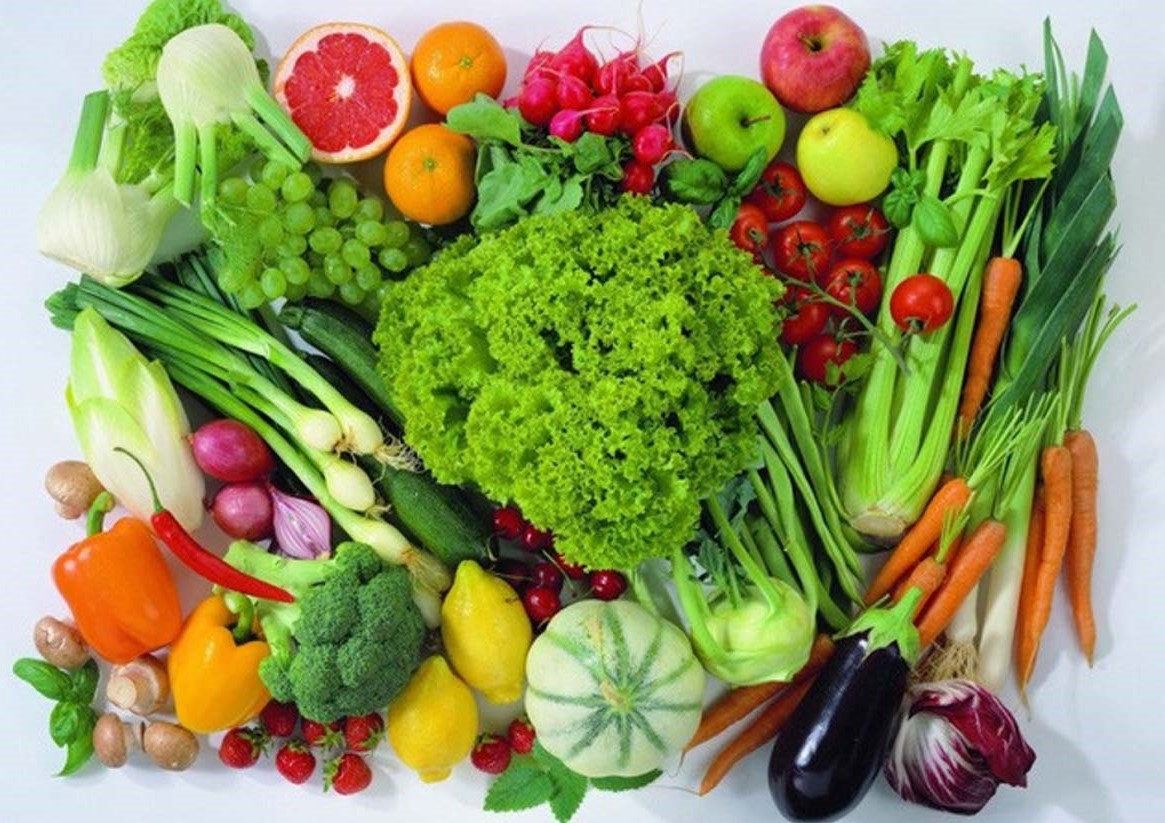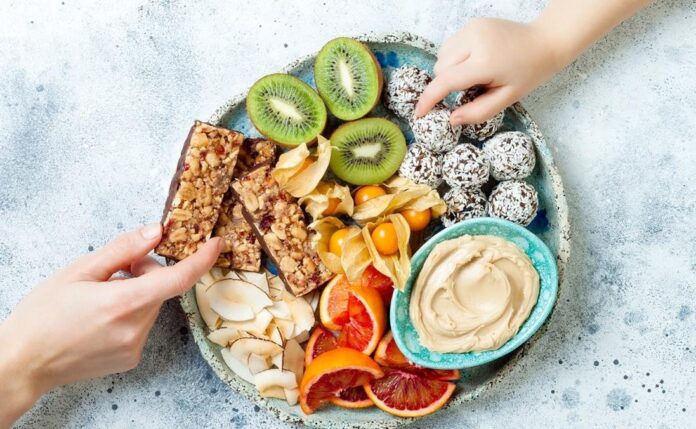When it comes to weight loss, smart snacking can be a game-changer. Incorporating thoughtful snacks into your daily routine not only helps you manage hunger but also provides essential nutrients to support your overall health. Here’s a detailed guide on how to make the most out of your snacks while on a weight loss journey.
Part 1: Understanding the Role of Snacks in Weight Loss
Why Are Snacks Important?
Smart snacking plays a crucial role in maintaining energy levels and preventing overeating during main meals. Here’s why snacks matter:
- Balancing Blood Sugar Levels: Eating balanced snacks between meals helps maintain stable blood sugar, preventing energy crashes and cravings for unhealthy foods.
- Boosting Metabolism: Consuming small portions throughout the day can keep your metabolism active and burning calories efficiently.
- Curbing Hunger: A well-timed snack can keep hunger in check, reducing the temptation to indulge in calorie-dense, unhealthy foods.
How Do Snacks Differ from Mindless Eating?
Unlike mindless snacking, which often involves high-calorie, low-nutrient foods, smart snacking is intentional and nutrient-dense. The key is to choose snacks that fuel your body rather than just satisfy temporary cravings.
Part 2: Choosing the Right Foods for Snacks

Golden Rules for Snack Selection:
To create the perfect snack, aim for foods that are:
- Rich in Fiber: Fiber keeps you full and supports digestive health.
- High in Protein: Protein helps repair and build muscle while keeping hunger at bay.
- Containing Healthy Fats: Good fats from sources like nuts and seeds provide lasting energy.
Recommended Snack Options:
- Fruits: Apples, berries, and bananas are excellent sources of natural sugars and fiber.
- Vegetables: Carrot sticks, celery, and bell peppers are low-calorie yet filling options.
- Nuts and Legumes: Almonds, walnuts, and chickpeas provide protein and healthy fats.
- Unsweetened Yogurt: Greek yogurt is an excellent source of protein and probiotics.
Foods to Avoid:
- Fast Food: These snacks are calorie-dense but nutrient-poor.
- Sugary Treats: Candy, pastries, and sugary drinks spike blood sugar but leave you feeling hungry soon after.
- Sodas and Sugary Beverages: These drinks add empty calories without satisfying hunger.
Part 3: Planning Snacks Effectively

Best Times for Snacking:
- Morning Snack: If breakfast was light, a mid-morning snack can bridge the gap to lunch.
- Afternoon Snack: To combat the post-lunch slump and avoid overeating at dinner.
Portion Control Matters:
Snacks should be small and provide just enough energy to tide you over without becoming a full meal. A general rule is to keep snacks around 150–200 calories.
Pair Snacks with Exercise:
Eating a protein-rich snack before or after a workout can boost recovery and performance.
Part 4: Sample Snack Ideas for Different Lifestyles
For Busy Individuals:
- A handful of mixed nuts and an apple
- Pre-cut vegetable sticks with hummus
Energy-Boosting Snacks:
- A slice of whole-grain toast with avocado
- A banana with a tablespoon of almond butter
For Fitness Enthusiasts:
- Greek yogurt with chia seeds and berries
- A protein shake with unsweetened almond milk
Part 5: Key Points to Remember About Snacking
Avoid Overindulgence:
While snacks are helpful, overdoing them can add unnecessary calories. Listen to your body and eat only when genuinely hungry.
Combine with a Balanced Diet and Exercise:
Snacks should complement your main meals, not replace them. A healthy lifestyle includes regular exercise and balanced eating habits.
Listen to Your Body:
Pay attention to hunger cues and avoid snacking out of boredom or stress.
Part 6: FAQs About Snacking and Weight Loss
Can Snacks Speed Up Weight Loss?
While snacks alone won’t guarantee weight loss, they can prevent overeating and help you stick to your dietary goals when chosen wisely.
Should People Who Don’t Snack Start Doing So?
If you don’t typically snack but find yourself feeling fatigued or overly hungry between meals, adding a healthy snack might help.
Any Tips for Diabetics?
Diabetics should focus on snacks with low glycemic indexes, such as nuts, unsweetened yogurt, and vegetables, to maintain stable blood sugar levels.
By incorporating smart snacking into your routine, you can make significant strides toward your weight loss goals without feeling deprived. Remember, the key is to snack mindfully, choose nutrient-dense foods, and listen to your body.



